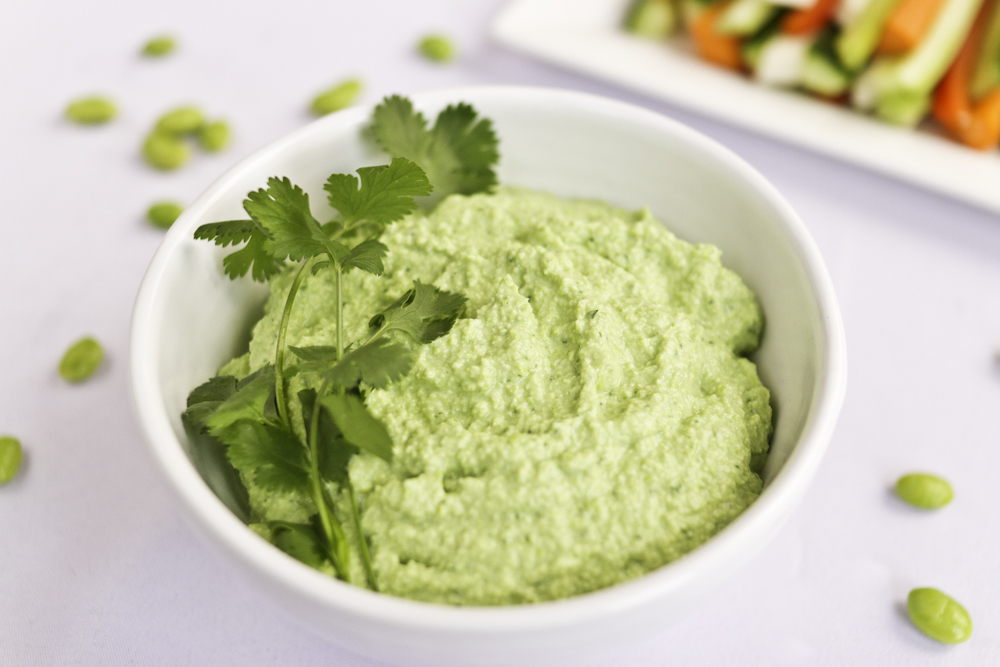
You Recommend Many Soy Products. Is There an Issue With Phytoestrogens?
Soy is a versatile food that can be a wonderful support for people making the transition to an abundant plant-based diet. It’s a nutrient-rich, plant protein complete with all nine essential amino acids, which makes it unique among other plant protein sources. (See Ornish Living article, Enjoy Soy: Plant Protein Complete with All 9 Essential Amino Acids.) Soybeans are a good source of fiber, vitamins, and minerals, including folate, selenium, potassium and magnesium. They also contain antioxidants and phytochemicals, including isoflavones, phenolic acids and sapanonins, and are the only bean containing omega-3 fatty acids.
For these reasons, we recommend it.
Soy is a versatile food that can be a wonderful support for people making the transition to a plant-based diet.
Though we recommend one serving of whole or minimally processed soy products a day, if someone does not want to consume soy for whatever reason, there is no need to eat soy or soy products on the Ornish Lifestyle Medicine program. (Intensive Cardiac Rehabilitation) Though soy has been used by various cultures for decades, there are several concerns that people have voiced over the years about soy. Most common are the issues associated with the phytoestrogens in soy.
I will highlight the findings of a recent three-year study of over 400 women that looked at blood levels of circulating hormones and endometrial ultrasounds and found no difference between those that were consuming soy and those who were not. The authors found no adverse effects: “Our randomized controlled trial verifies the long-term overall safety of soy isoflavone tablet intake by postmenopausal women who display excellent compliance. We find no evidence of treatment effects on endometrial thickness, adverse events, or circulating hormone concentrations, most notably thyroid function, across a three-year period.”
This is consistent with previous studies that have looked at the beneficial effects on breast health with moderate soy consumption. Why might this be? The estrogen receptor binding with the phytoestrogens is not strong enough to turn it all the way on, so at lower levels it may act more like an estrogen blocker. This is why we recommend eating soy in moderation (one to two servings a day).
Here are some of our favorite and flavorful ways to cook with soy.








